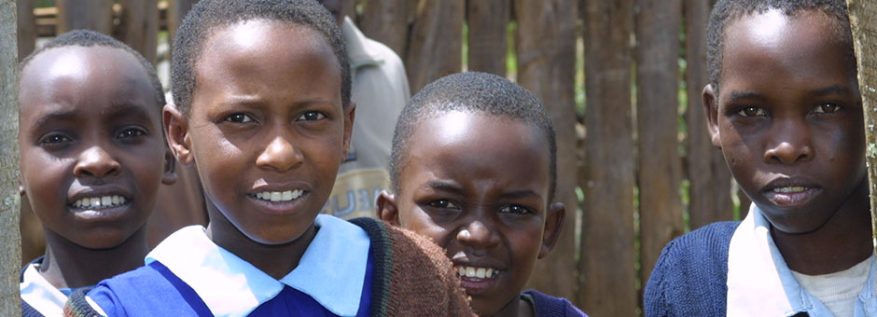The challenges facing those engaged in the development process can be many and varied –as is illustrated by one particular case which confronted Self Help Africa extension staff in the Lare District of Kenya, when they began their work.The challenge presented itself when Self Help began working with a group of 26 families who had been resettled by the Catholic Dioscese of Nakuru, and allocated small farm holdings in Njoro, following their eviction after ethnic clashes in the late 1990’s.
Successive droughts meant that these families often depended upon the assistance and support of more settled neighbours, and also worked for long hours as casual labourers for more established farmers in the locality.The Self Help/Baraka College extension team provided the villagers with seeds for planting, as well as training and support with livestock production and other sustainable farming techniques, and they were soon producing surpluses, and had healthy stocks of livestock in their compounds.
Group leader James Mwenga asked on behalf of the villages for assistance in tackling another problem with burdened them too – and related to how they were commonly described by their neighbours and others as ‘refugees’, despite the passage of time since their displacement.
The team asked the locals what name they would like, and after some consultations the name ‘Baraka” (meaning blessing) was agreed upon. Thereafter a concerted effort was made to always call the villagers ‘Baraka’, with extension workers, as well as other partners, including MOA officials, the Kenya Agricultural Research Institute (KARI) representatives, others in the community doing likewise.
Today the 26 families are very proud – of their achievements in sustainable farming, in soil and water conservation activities, and also with the identify that they are establishing in the community that they now call home.

